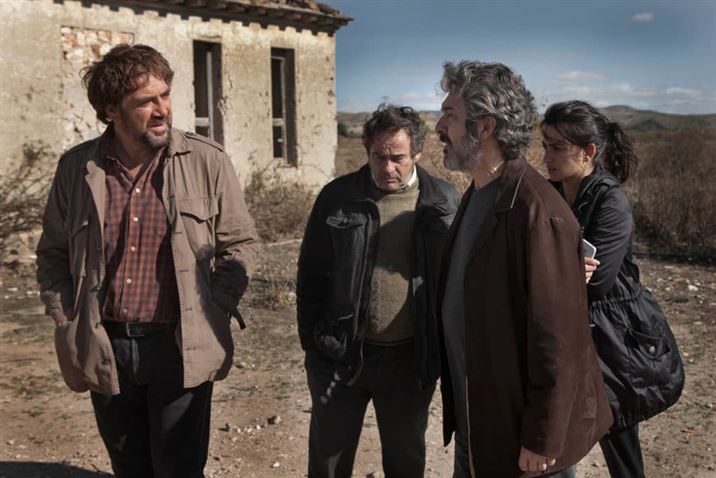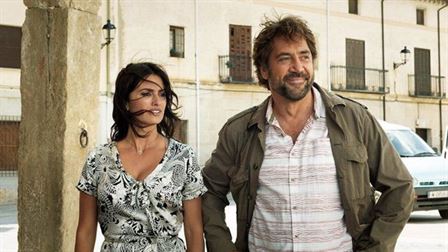A live band plays into the late hours of the night and everyone is dancing in the courtyard of a country estate. Raucous laughter fills the house as people with drinks in hand stumble in while the rain beings to fall. The power goes out and the sister of the bride discovers her daughter, Irene, is not in her bed. Somehow, she has disappeared without anyone seeing her leave.
Exciting from the start, Oscar award-winning director Asghar Farhadi sets a warm scene of a family gathering for a wedding in the wine country of Spain. The party turns sour when Laura (Penelope Cruz), discovers her daughter has been kidnapped. Laura’s old flame Paco (Javier Bardem) is quick to aid in the search.
Character complexity builds layer upon layer as the couple tries to dig away at the truth of where Irene (Carla Campra) is and who took her. In “whodunit” fashion, suspicion builds upon everyone.
The genre placed on the movie might be melodrama, but Farhadi delves deeper into characters than a telenovela would. He gives subtle recognition to political and social problems when suspicions fall on the most obvious suspects: Migrant workers and lower-class youths.
Not to be forgotten, the on-screen chemistry between Cruz and Bardem has nothing to do with their off-screen romance. The movie gives anecdotal accounts of what occurred between them 16 years ago, yet surprisingly does not give the audience what they were anticipating. Some might leave the theater unsatisfied by the lack of romance between the two, but that sense of what-if adds to the plot rather than detracts from it.
As stand-alone performers, Cruz and Bardem play compelling characters that have depth. Cruz plays a realistic portrayal of a mother desperate to get her daughter back while Bardem plays a conflicted man who has everything to lose and nothing to gain. He has been lied to, only to be told a truth that ruins him.
The acting and setting of Bardem’s final scene, a close-up shot of him in bed alone with nothing but the sound of a rusted screen door being moved by the wind, is a moment to meditate on and appreciate in the film.
Overall, the storytelling is consistently intriguing and the end is satisfying in the way it left you guessing. The crucial questions in the plot are answered and the story’s incomplete moment, when Laura’s sister is presumably relaying who she believed abducted Irene to a family friend, gives the feeling that the movie has come full circle and now lives up to its name. Everybody knows the truth, yet nobody ever comes forward about knowing it. In a small town where gossip is what keeps the inhabitants from the doldrums of rural life, truths hurt more than they heal.

From left to right: Javier Bardem, Eduardo Fernandez, Antonio Darin and Penelope Cruz star in “Everybody Knows.” Photo courtesy of Focus Features
Additional praise must be mentioned for the decision to maintain the movie’s original language when carrying over to the United States. A voiceover in English would have destroyed the passion and thoughtfulness the actors portrayed. Also, the soft “s” that peeks through in the actors’ dialogue is unique to Spain and a necessary nuance in authentication – a minute detail that the director did not overlook.
As in most subtitled films, the words were not translated verbatim, but that left nothing wanting toward the enjoyment of the movie as a whole.
With multiple award nominations and an award win, “Everybody Knows” is more than just another kidnapping film, masquerading as a deep, thoughtful crossroads film. It never seemed to fall into the traps of its trope. However, the rather rushed ending should have been shown the same care as the rest of the film. A few more minutes of dialogue or character development would have left the movie feeling more like an A than a B as other reviews suggest.
Nonetheless, “Everybody Knows” is worth watching and should be seen before it leaves theaters.



